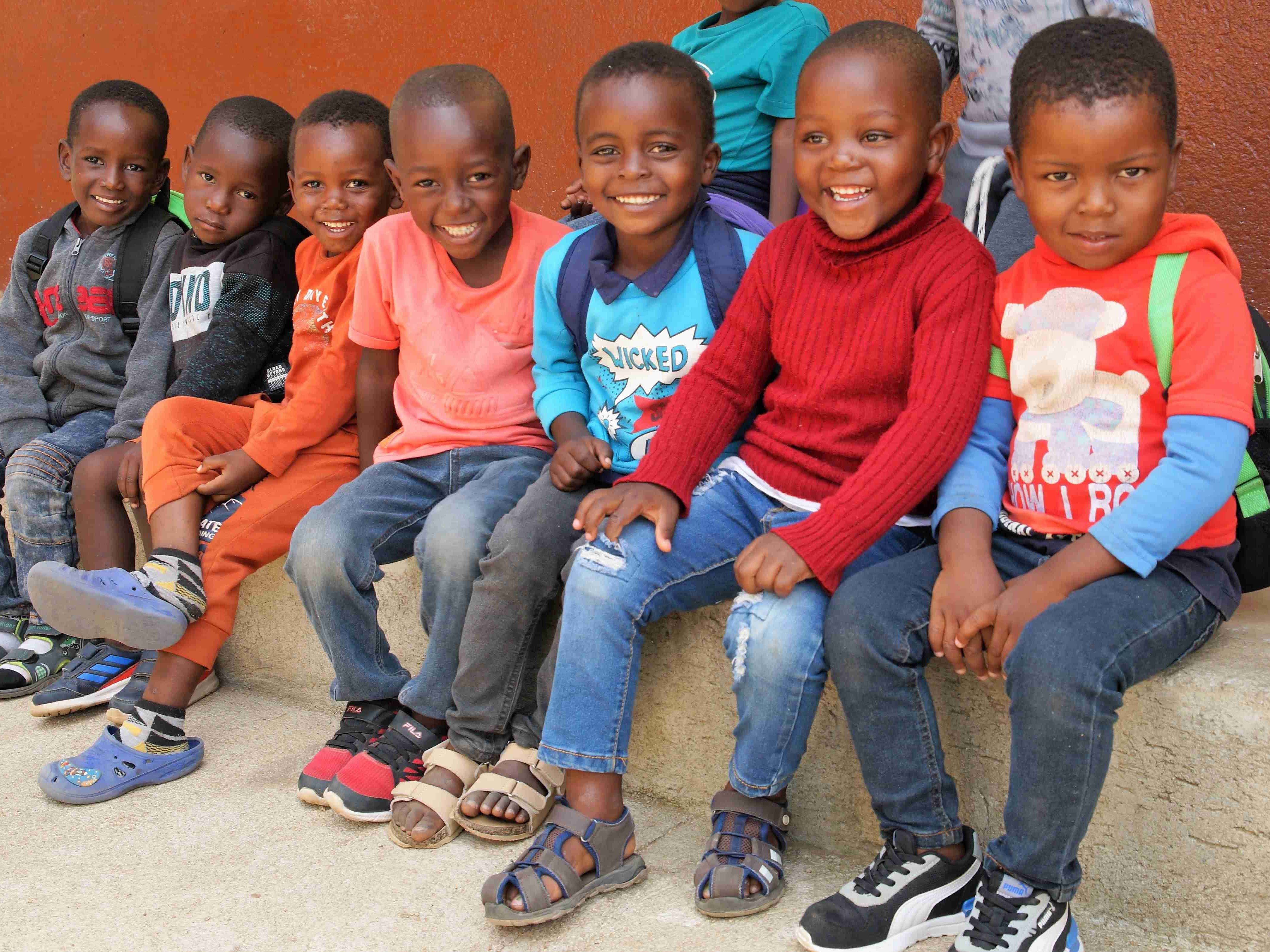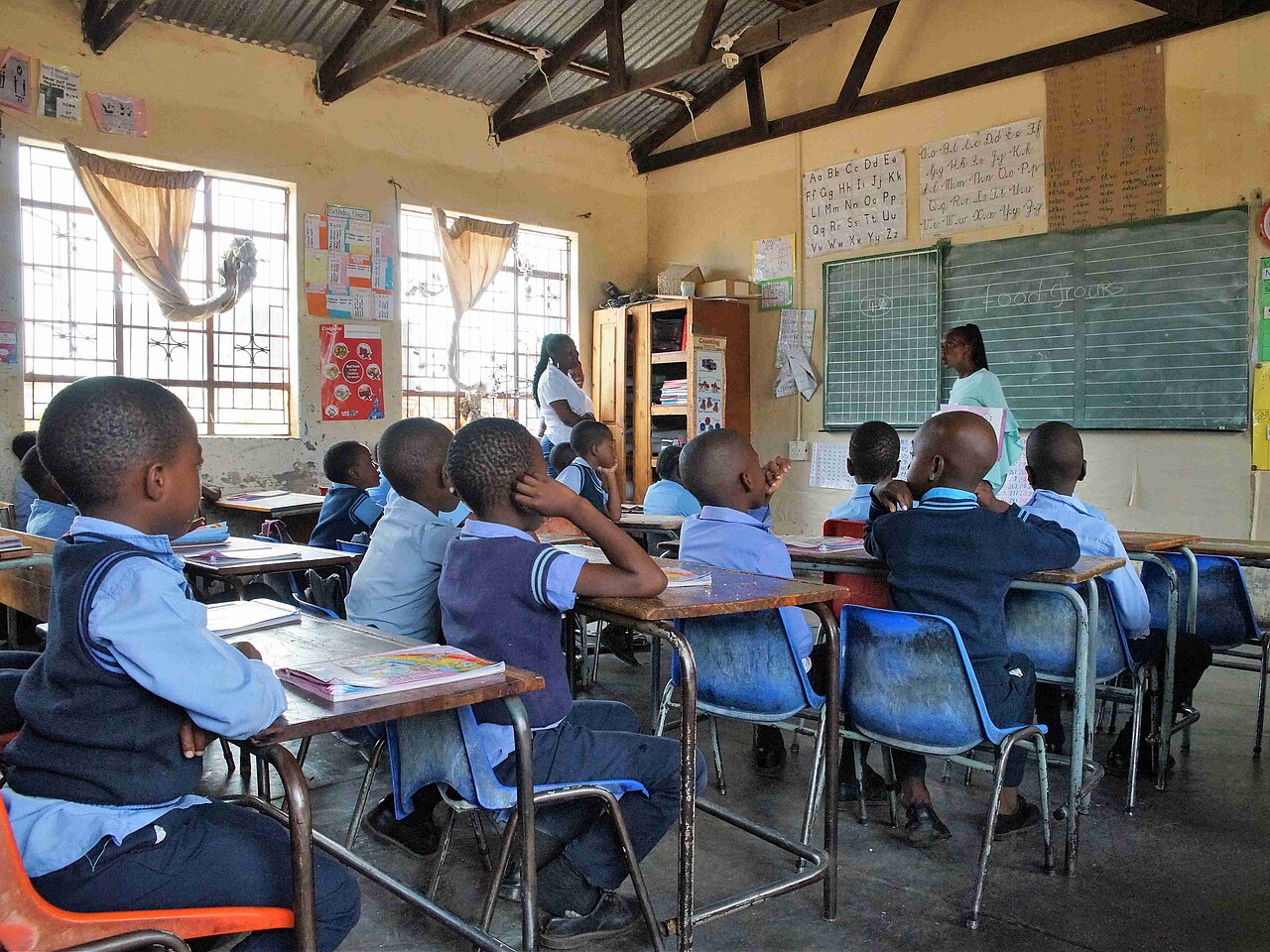The implementing organisation Wild Impact, the South African partner organisation of our funding partner Global Nature Fund – Internationale Stiftung für Umwelt und Natur, Radolfzell, has been working with local communities in the region for more than 25 years in order to improve living conditions in different countries in southern and eastern Africa. The funded project in the community of Welverdiend, South Africa, builds on this heritage and responds to requests by local stakeholders asking for measures to improve food security at community level.
Local teams work with a network of 26 early childhood development (ECD) centres, eleven primary schools and seven secondary schools whose management teams have increasingly been asking for support in recent years in establishing permanent vegetable gardens to improve the quality of meals for children. This is extremely important since the meals that children receive at the centres and schools are often the only nutritious meal they receive in a day. Key project measures were identified through dialogue with the staff of the education facilities and local smallholders in order to ensure effective vegetable cultivation. The vegetables cultivated as part of the project are being used by the existing feeding programmes. Once the project has been firmly established, the support is to be extended to the other ECD centres and primary schools. The overarching goal is to achieve a situation where every ECD centre and primary school in the Welverdiend community has a large vegetable garden and more than 50% of the vegetables used for meals in these education facilities have been grown locally.

